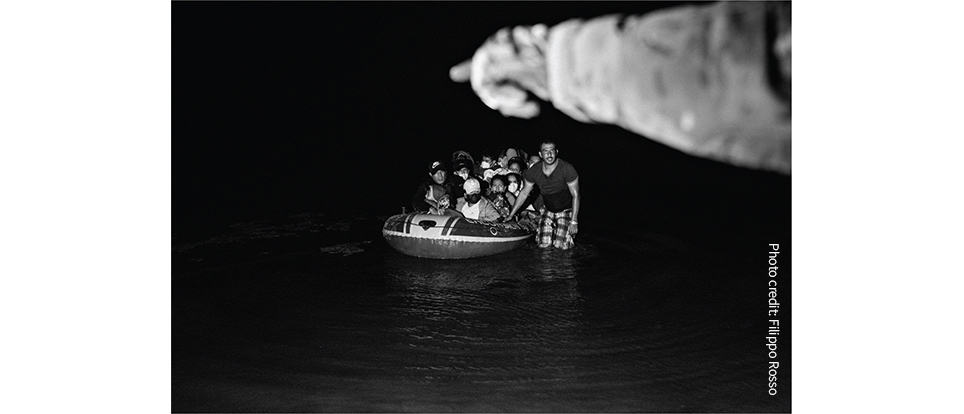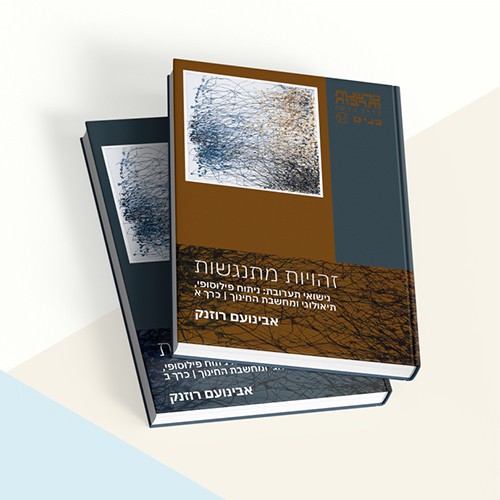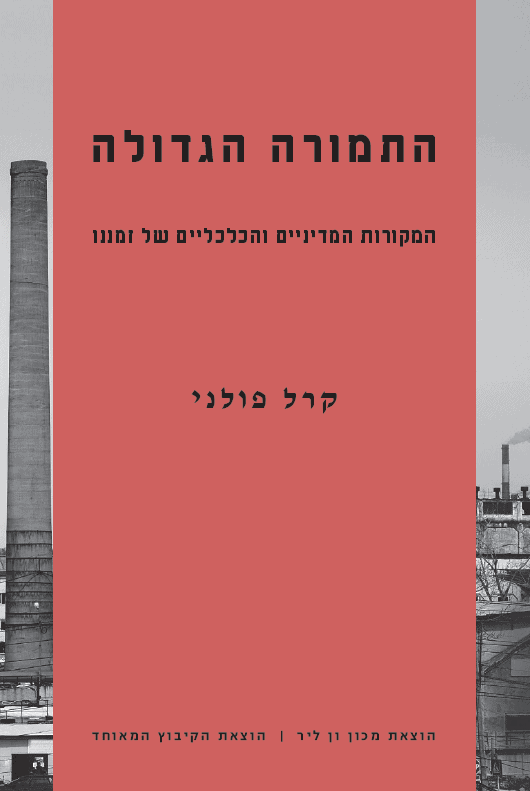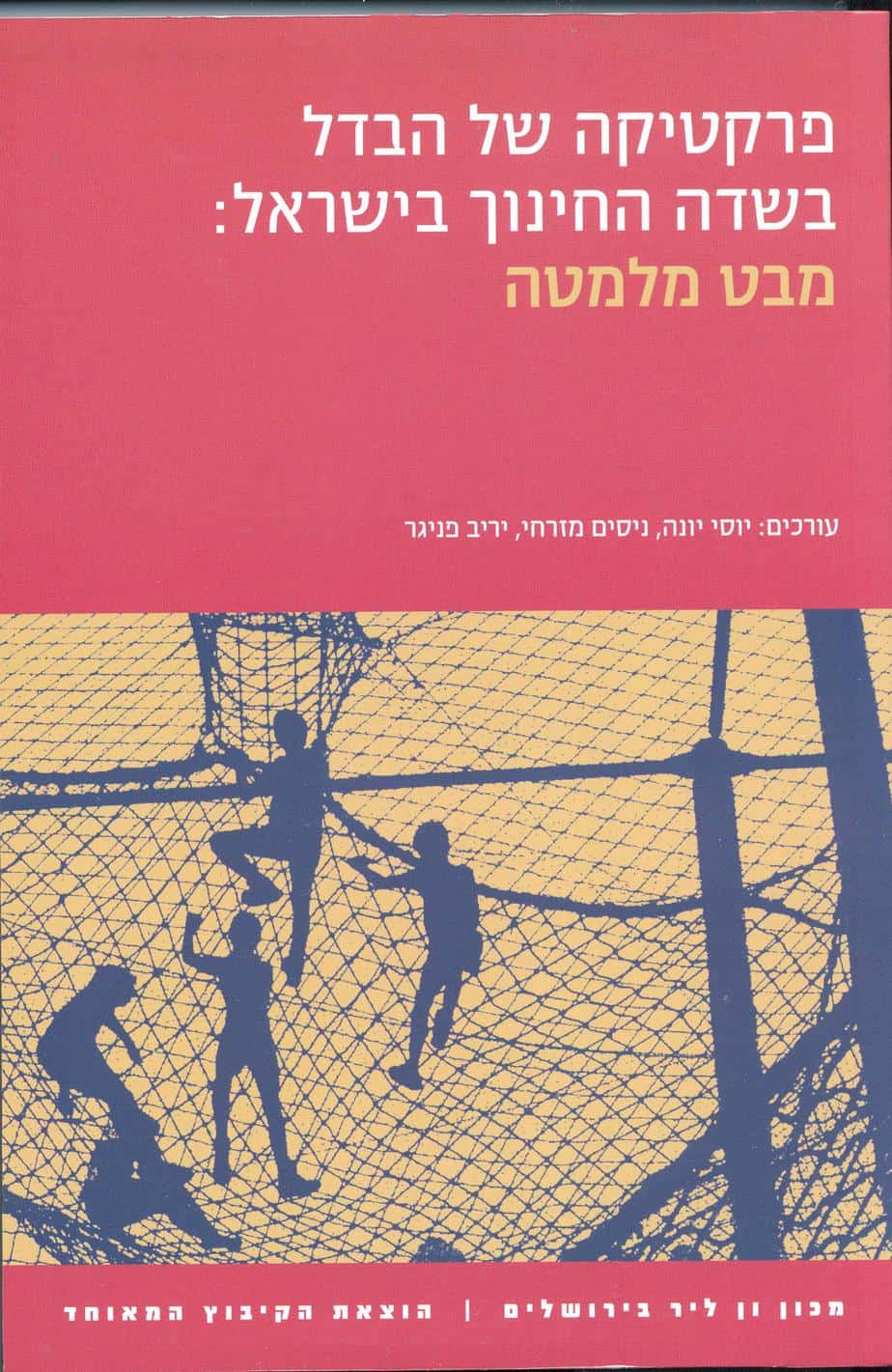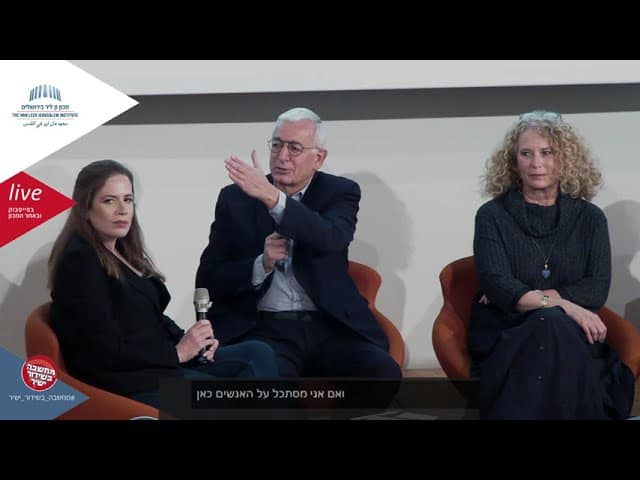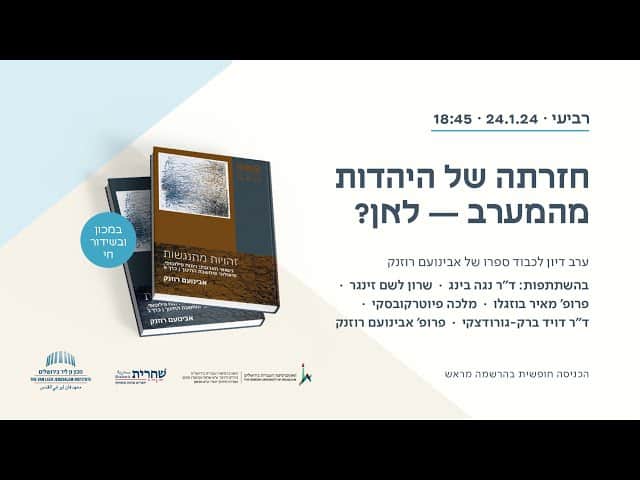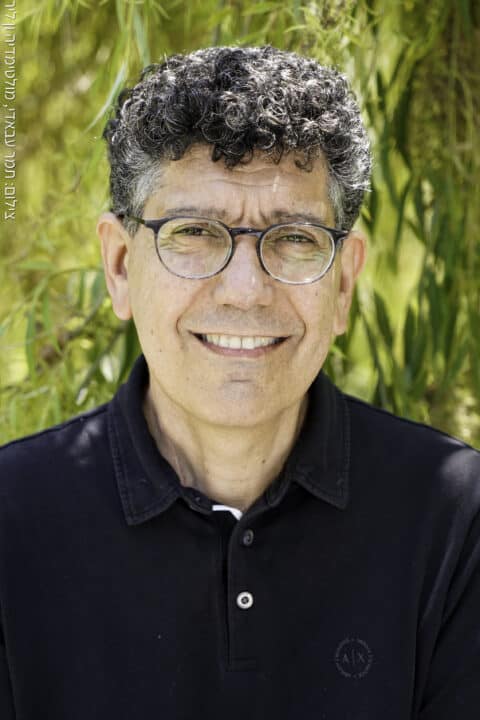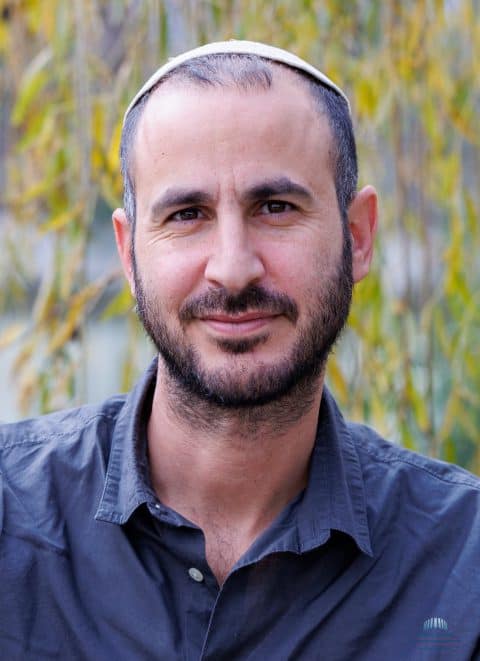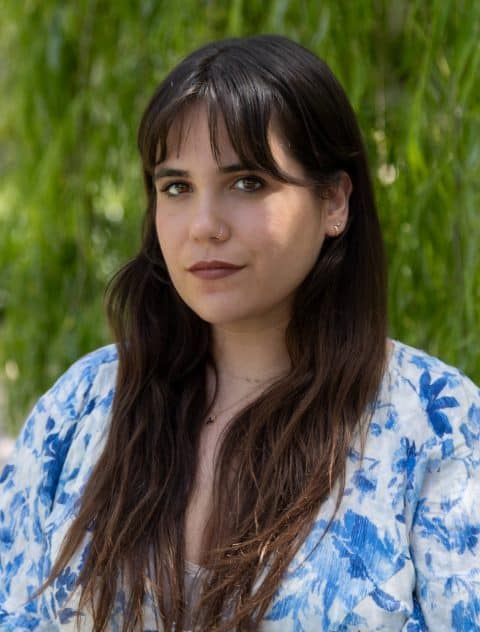The Challenge of Shared Life
In cooperation with Shaharit 
How to live together with people who are different from us is, perhaps, the most pressing political question in Israel at the beginning of the twenty-first century and a challenge that troubles many contemporary democracies. However, for scholars in the social sciences and humanities, this is not just a concerning political issue. It is also a weighty research question that demands a reevaluation of the theoretical toolbox available to them.
‘The Challenge of Shared Life’ cluster at the Van Leer Jerusalem Institute, a collaboration with the Shaharit Institute, confronts this task by reexamining some of the common normative and analytical assumptions in contemporary critical research. These assumptions, originating from the Euro-American global academic center, have become the default premise for scholars in Israel and other countries on the global academic periphery.
This premise, which we call “the liberal grammar of critical discourse,” extols values of individualism, autonomy, and universal reason and morality, and views them as the sole authentic human choice. The liberal grammar has become the sole lens to understand the social world and to repair it. In other words, Israel – like other countries on the academic periphery – has become the playground of Western, especially North American, a local site where theories from the academic center are applied.
In this state of affairs, the liberal grammar of critical study encounters a social reality replete with longstanding traditions, loyalties, group identities, and entrenched attitudes. This reality does not always fit into the classifications of liberal grammar. Consequently, in recent years, we have witnessed the growing and deepening rift between academe and broad parts of the public.
‘The Challenge of Shared Life’ cluster promotes a conscious process of liberating the research gaze from liberal grammar and Euro-American roadmap. This process does not aim to negate liberal values on a normative level or reject Western knowledge. Rather, the scholars in this cluster view the process as a necessary step toward opening up an interpretive space that enables a broader reading of the social reality in Israel and in other places in the world where the liberal-progressive vision of moral and political order is but one vision alongside other valid and meaningful ones.
From the bottom up, the post-liberal view promotes inductive methodology, which encourages curious and inquisitive listening to the voices of both liberal and nonliberal subjects. On the research level, this approach makes it possible to produce new insights into the conditions that enable living together in a reality of profound variety, in which diverse players have totally different views regarding the desired social order. On the political level, this process opens new channels for non-utopian thinking about the politics of relations and activism based on social learning. In the context of extreme polarization, governmental instability, and eroding social support institutions, the political space that this analytical process may reveal is more crucial than ever for stabilizing and strengthening democracy in Israel and worldwide.
From a pragmatic post-liberal approach, the cluster aims to serve as an incubator for developing innovative ideas, language, tools, and political and theoretical strategies. The aim is to lay the foundations for social solutions that include varied approaches to morality and meaning rooted in the space in which we function. Out of an awareness of the growing rift in recent years between the academic realm and the public, and through the collaboration between the Van Leer Jerusalem Institute and Shaharit Institute, the cluster acts both on the academic level and on the social level, developing, networking, and disseminating knowledge among broad and varied audiences.

